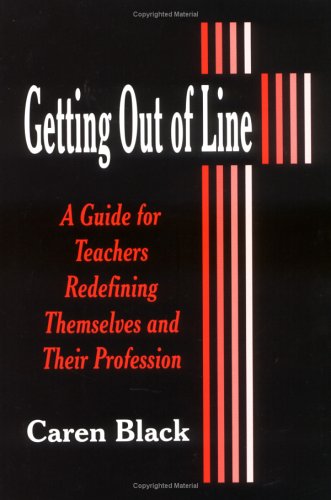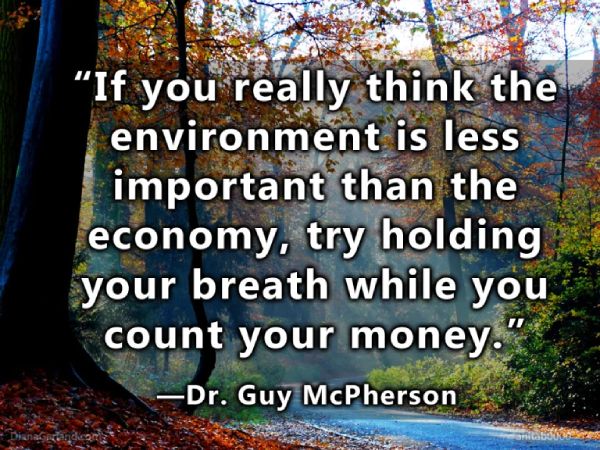World Population Day Presentation and Panel Discussion - What is a sustainable population? Why, when and what should we do about it?
Dr William Rees was the lead speaker at this high level discussion involving top scientists discussing what is a 'scientifically defensible, sustainable human population size for the long term' as called for in the World Scientists Warning to Humanity - A Second Notice issued in 2017 by over 15,000 scientists. Once we know the sustainable population size then how should we get there and when? The 2017 warning also called for 'rallying nations and leaders to support that vital goal’ in terms of population size.
July 11th is World Population Day. Population is also included as one of the 6 stressors in the World Scientists Warning of Climate Emergency issued on 5 November 2019 .Connected with this Scientists Warning Europe believe the United Nations should include a scientifically determined population goal into its SDGs. This would seem to be currently a worrying weakness in the current list of SDGs as so many of them are, in any case, dependent on or effected by global population levels and connected consumption.
The event was chaired by Ed Gemmell, Managing Director of Scientists Warning Europe. The panellists included the following eminent scientists, who each gave a short talk on the subject before the Panel Discussion: Dr Bill Rees, Prof Phoebe Barnard, Dr Christopher Tucker, and Dr Jane O'Sullivan.
https://www.youtube.com/watch?v=o3nCFwhV-9E
Speaker Bio:
Dr William Rees is a population ecologist, ecological economist, Professor Emeritus and former Director of the University of British Columbia’s School of Community and Regional Planning. Prof Rees is a founding member and former President of the Canadian Society for Ecological Economics; a Fellow of the Post-Carbon Institute; a founding Director of the OneEarth Initiative; and a Director of The Real Green New Deal. Prof Rees’ research focuses on the biophysical prerequisites for sustainability. He is best known as the originator and co-developer (with his graduate students) of ‘ecological footprint analysis,’ a quantitative tool that shows definitively that the human enterprise is in dysfunctional overshoot—we would need five Earth-like planets to support just the present world population sustainably with existing technologies at North American material standards. Such findings led to a special interest in cities as inherently unsustainable and particularly vulnerable components of the human ecosystem. Concerned about societal unresponsiveness to worsening indicators, Dr Rees also studies the biological and psycho-cognitive barriers to rational political behavior. He has authored hundreds of peer reviewed articles on the above topics. Dr Rees was elected to Royal Society of Canada in 2006; his international awards include the Boulding Memorial Award in Ecological Economics, the Herman Daly Award in Ecological Economics and a Blue Planet Prize (jointly with his former student Dr Mathis Wackernagel).
![]() Don't forget to feed the birds. Donate here
Don't forget to feed the birds. Donate here









